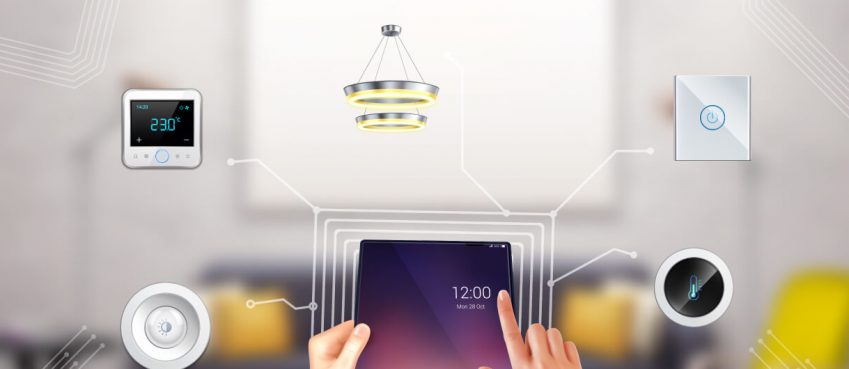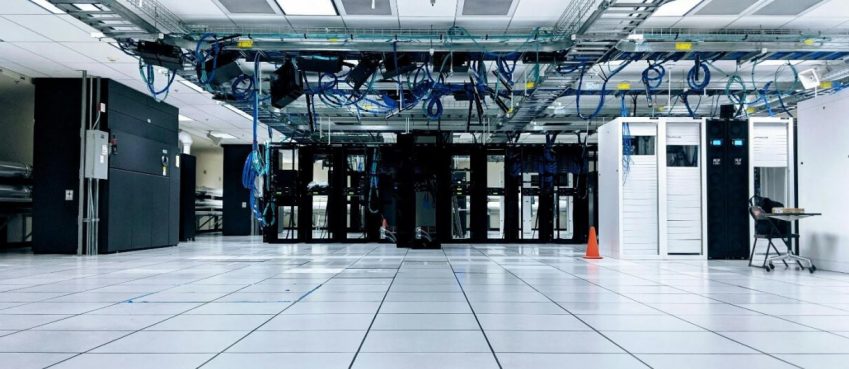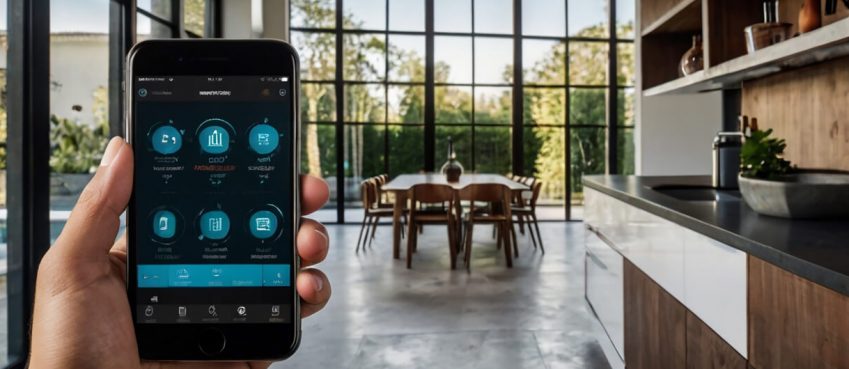
Ensuring the safety of our homes and loved ones is of utmost importance, regardless of where we live. Self-monitored home security systems have become increasingly popular in recent years, with many homeowners opting for them over traditional systems. These systems offer remote monitoring capabilities through smartphones and other devices, but the question remains: are they worth the investment? In this article, we will look at both the advantages and disadvantages of self-monitored security systems to help you make an informed decision.
Advantages of Self-Monitored Home Security Systems
No Monthly Fee
One of the main advantages invoked by people choosing self-monitored home security systems is that they tend to be more affordable than traditional systems. With a self-monitored system, there are no monthly monitoring fees, which can save homeowners a considerable amount of money over time. Whether you choose the system offered by Scout, Abode, or Wyze, you’ll forget all about a subscription and just focus on the installation costs.
Also read: 7 Best Instagram Font Generators (Apps & Websites)Easy Installation
Another benefit of self-monitored home security systems is connected to how easy it is to set them up. Most systems can be easily done through DIY projects, without needing a professional team or complicated settings. However, it may require some advanced networking or pairing knowledge. While setting them up yourself is great and can save homeowners time and money, you should still turn to professionals in case something doesn’t work properly.
Customizable
Self-monitored home security systems offer a high level of customization when it comes to the features and options to install. Homeowners can adapt the systems to their preferences and adapt them to their specific needs. This level of customization allows homeowners to create a system that is tailored to their home and lifestyle, providing them with greater peace of mind compared to a traditional monitored system.
Remote Access
Another benefit of security systems that are monitored by users is the ability to monitor homes remotely using a smartphone or other devices. This capability provides homeowners with greater control and peace of mind by allowing them to check on their homes at any time and from anywhere.
Disadvantages of Self-Monitored Home Security Systems
Like everything in life, self-monitored home security systems come with less-appealing sides as well. Here are the main reasons why one should think twice before choosing this option.
No Professional Monitoring
One of the main drawbacks of self-monitored home security systems is that there is a lack of an intervention team. With monitored systems, the operational center is alerted when the alarm is triggered, and they dispatch emergency teams if needed. With a self-monitored system, the homeowner is responsible for monitoring their home and calling emergency services if needed.
Also read: Top 7 Best ECommerce Tools for Online BusinessExtended Response Time
This one is linked with the previous con of self-monitored home security systems. If there is no automatic connection to the emergency services, the homeowner needs to contact the authorities. This leads to longer response times and possibly a lower efficiency of the system altogether.
Internet Connection Dependency
Self-monitored home security systems heavily rely on an internet connection to function. It’s not like centrally-monitored systems do not do so as well. However, they have professional-grade protection when it comes to hackers or other cyber attacks. So, if there’s an issue with the Wi-Fi or someone stops the signal, the self-monitored system may prove to be useless, leaving the home vulnerable to intrusion or theft.
Integration Limitations
Self-monitored home security systems may be easy to install and cheaper. However, homeowners should also consider the limitations that come when trying to integrate them with other smart home systems. This drawback may limit the homeowner’s ability to automate certain functions, which could impact the overall security of their home.
Final Thoughts
Self-monitored home security systems can be both a cost-effective and convenient option for homeowners who want more control over their home security. These systems are easy to install, customizable, and provide remote access at all times, providing peace of mind. However, it is important to consider the downsides of self-monitored systems, including the lack of professional monitoring, extended response times, internet connection dependency, and integration limitations. Ultimately, the decision to invest in a self-monitored home security system will depend on the homeowner’s specific needs and preferences.
Top 10 News
-
01
Top 10 Deep Learning Multimodal Models & Their Uses
Tuesday August 12, 2025
-
02
10 Google AI Mode Facts That Every SEOs Should Know (And Wha...
Friday July 4, 2025
-
03
Top 10 visionOS 26 Features & Announcement (With Video)
Thursday June 12, 2025
-
04
Top 10 Veo 3 AI Video Generators in 2025 (Compared & Te...
Tuesday June 10, 2025
-
05
Top 10 AI GPUs That Can Increase Work Productivity By 30% (W...
Wednesday May 28, 2025
-
06
[10 BEST] AI Influencer Generator Apps Trending Right Now
Monday March 17, 2025
-
07
The 10 Best Companies Providing Electric Fencing For Busines...
Tuesday March 11, 2025
-
08
Top 10 Social Security Fairness Act Benefits In 2025
Wednesday March 5, 2025
-
09
Top 10 AI Infrastructure Companies In The World
Tuesday February 11, 2025
-
10
What Are Top 10 Blood Thinners To Minimize Heart Disease?
Wednesday January 22, 2025







